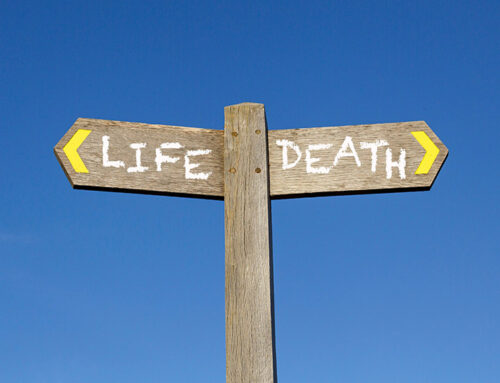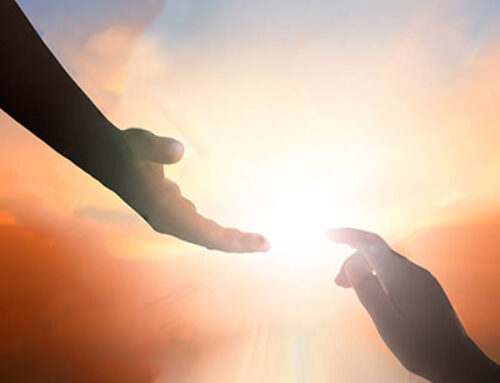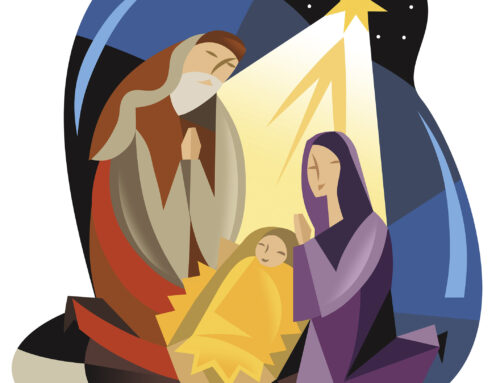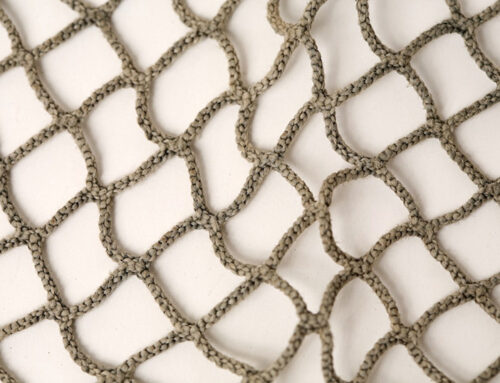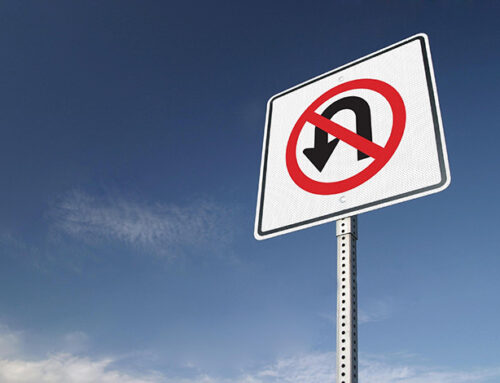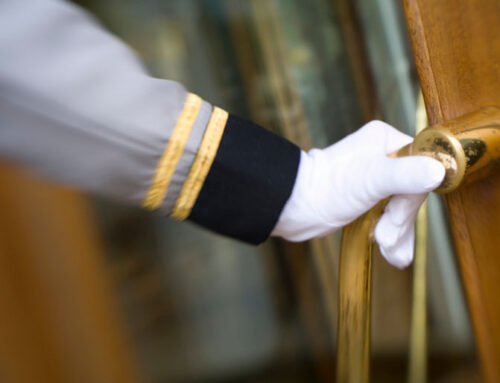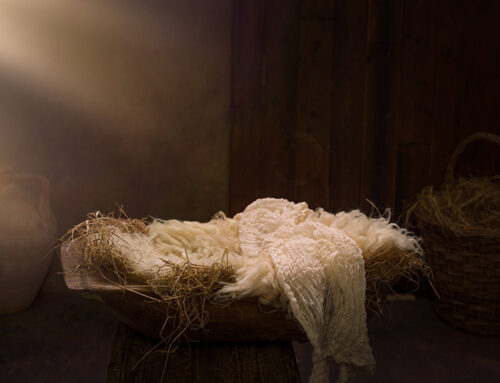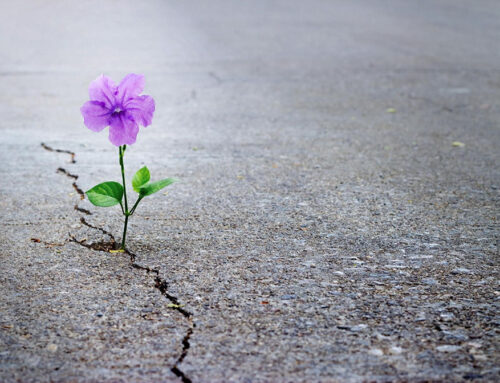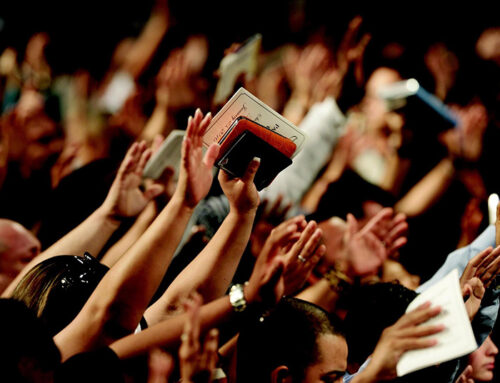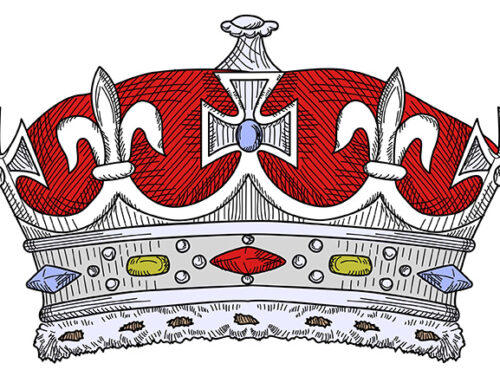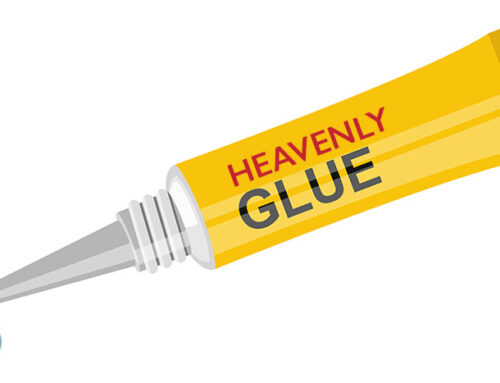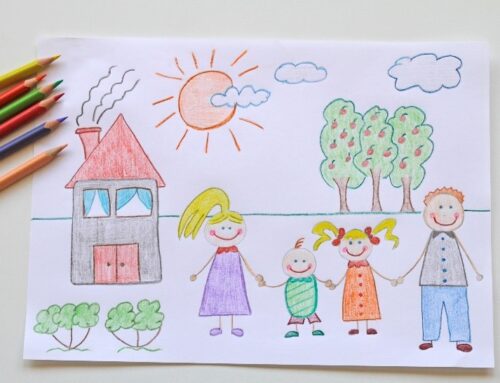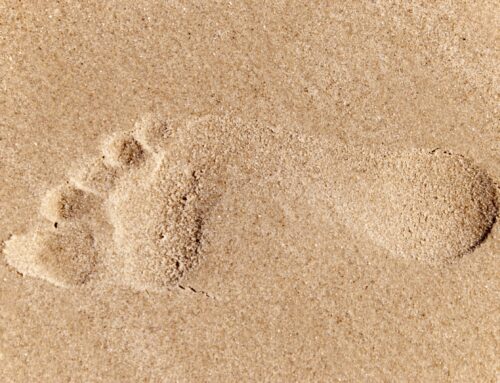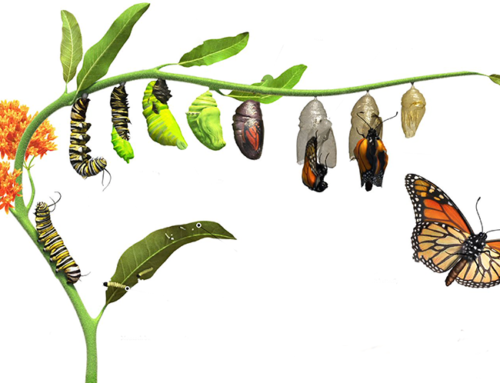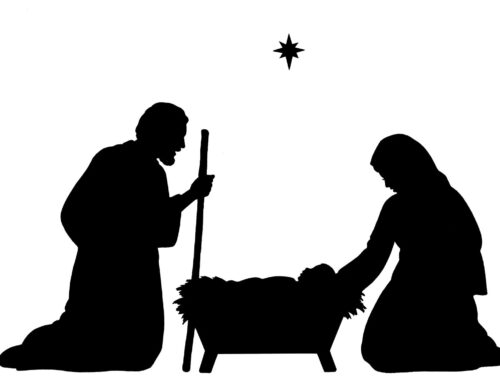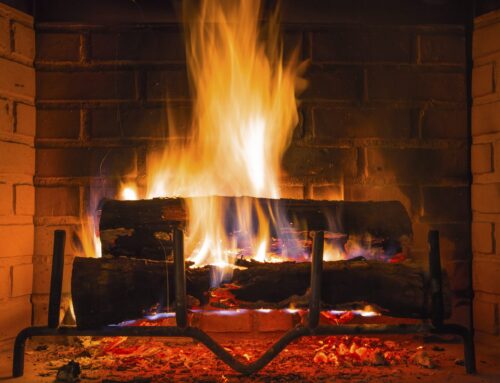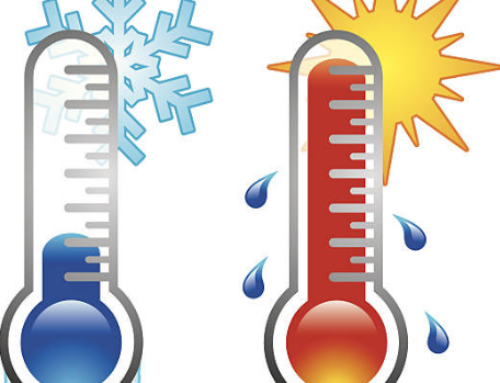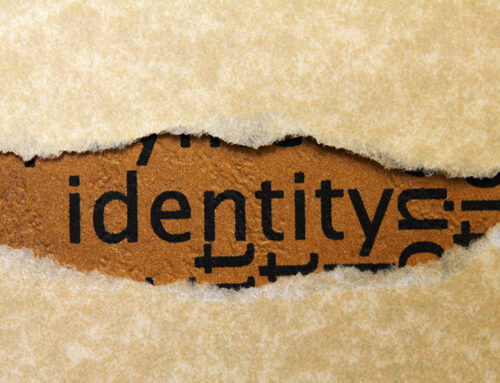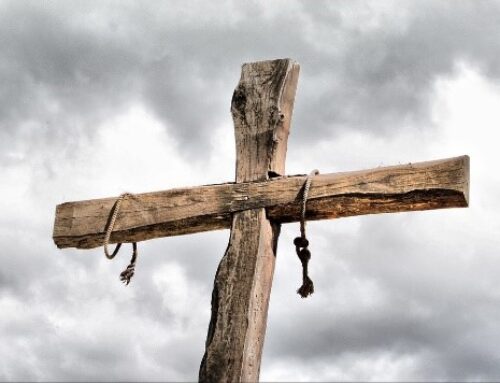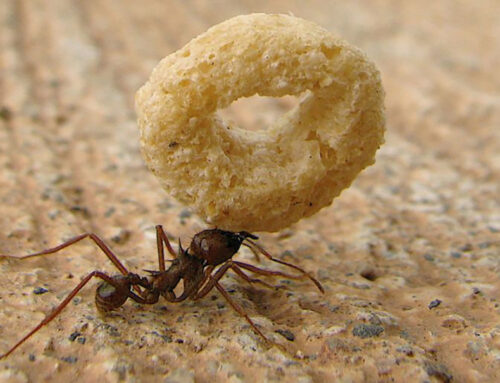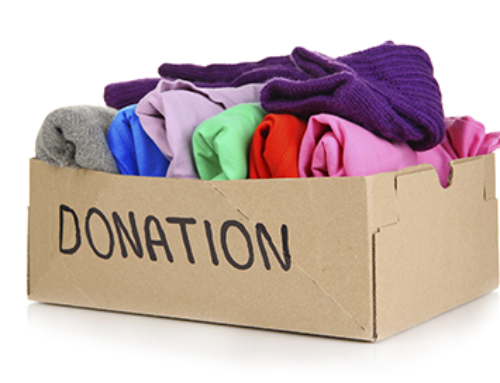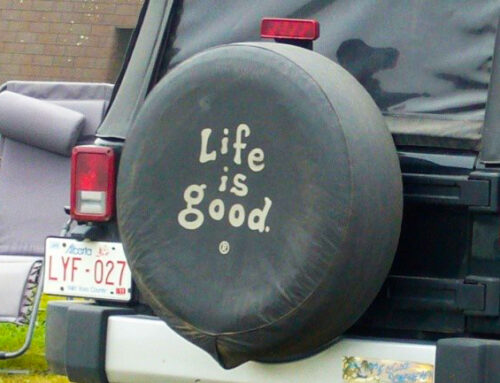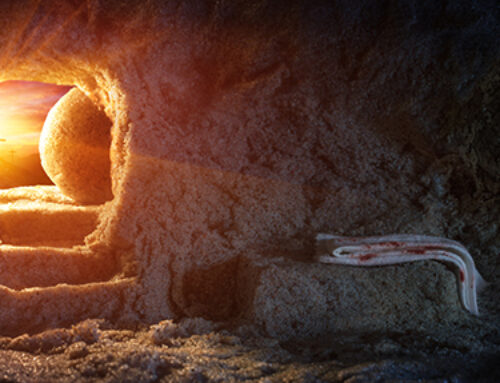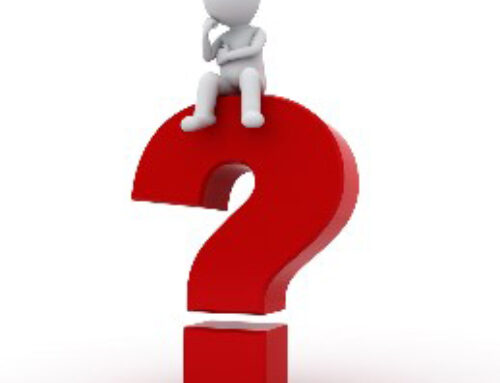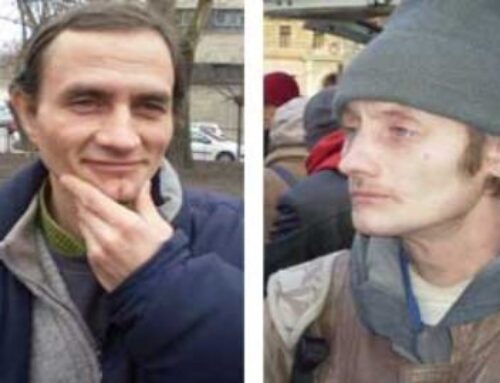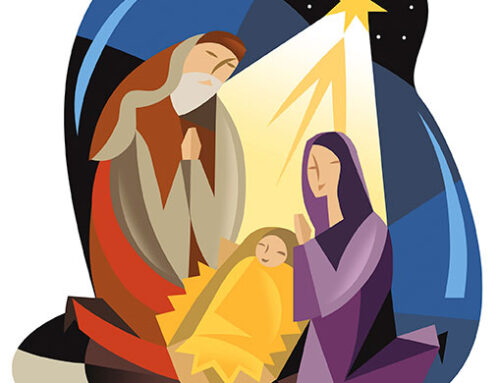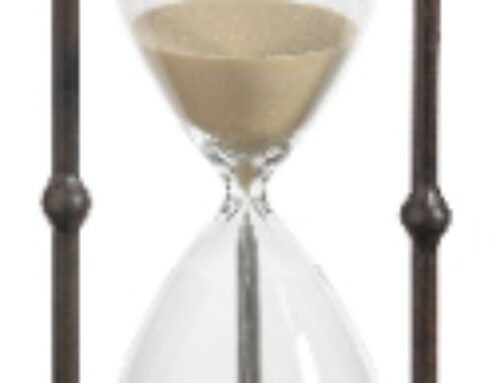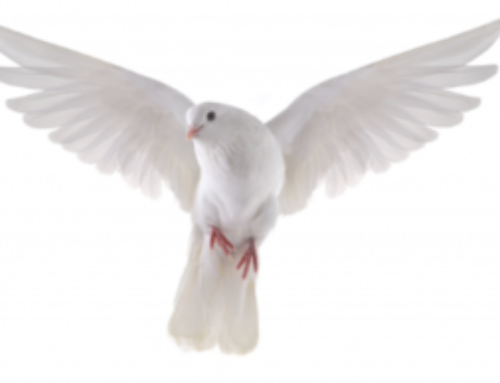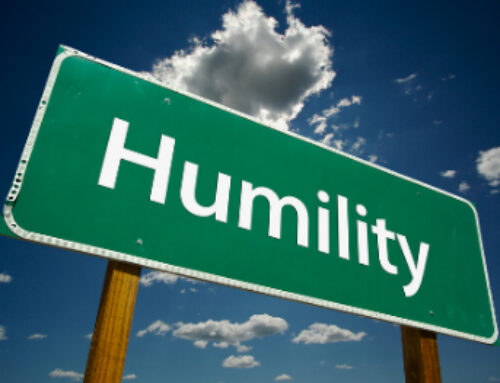When I was a boy I suffered from asthma and hay fever. Being allergic to hay and growing up on a farm was a tough combination during the summer months. When the air was thick with dust and pollen I would suffer through some sleepless nights coughing and sneezing. I vividly remember my mom enduring some sleepless nights at my side setting up and filling the vaporizer, fetching me a glass of water, offering me cough syrup and just being beside my bed while I tried to relax and breathe deeply. Isn’t it amazing how such acts of kindness can make an impression on us?
The Book of Ruth is not often studied and quoted but it carries an important message. It is nestled in the Historical Books of the Bible that describe God’s relationship with the people of Israel and the events that shaped this relationship. The Book of Ruth has just four chapters and the word “kindness” is used three times in the book.
Exceptional kindness is demonstrated about 1300 years Before Christ after the men in the lives of Naomi, Ruth and Orpah died. When Naomi urged her daughters-in-law to return to their homes, Orpah did but Ruth surprised her in Ruth 1:16-17:
16 But Ruth replied, “Don’t urge me to leave you or to turn back from you. Where you go I will go, and where you stay I will stay. Your people will be my people and your God my God. 17 Where you die I will die, and there I will be buried. May the Lord deal with me, be it ever so severely, if anything but death separates you and me.” NIV
After the men in the lives of Naomi, Ruth and Orpah had been suddenly and tragically taken they were left vulnerable – without protection and provision. Naomi headed for her homeland of Judah and decided to release her daughters-in-law to return to their families in Moab.
Orpah decided to leave Naomi for normal, fulfilling pursuits. We can certainly understand why Orpah went back to her homeland after her husband had died. She wanted to be back in familiar, comfortable surroundings where she could settle down, remarry and raise a family. No one could blame her for this.
Ruth is mentioned one other time in the Bible outside the Book of Ruth. It is interesting that we hear nothing further of Orpah, Ruth’s sister-in-law. Could she be a dyslexic ancestor of Oprah? Hmmm …
Ruth, however, made some decisions that reveal an extraordinary heart of kindness. Ruth decided to stay with Naomi and to serve the Lord with her. Ruth was going to leave everything that was comfortable and familiar to her and start a new life in Judah. She knew there were no government departments or social agencies that would take care of her mother-in-law. Ruth knew that Naomi was advancing in years while she still had a good part of her life ahead of her. So instead of focusing on her own wants and needs she committed herself to serving Naomi and the God of Israel.
The two women arrived in Bethlehem just at the beginning of the barley harvest. Ruth went right to work, realizing that no food hampers were going to be delivered to their doorstep. Gleaning was a means by which an agriculture-based society provided for the less fortunate. Harvesters would leave stalks of grain behind for poor, hungry and motivated citizens to gather for their families. Ruth happened to enter the field of a man named Boaz. Was it a coincidence?
Kindness in Boaz and Ruth brought these two kindred hearts together in the divine plan. The sovereignty of God and the choices of people intersected again to bring a union that would impact the generations that followed.
What kind of man was Boaz before he married? Ruthless. ☺
Actually, Ruth and Boaz were both known by family, friends, employees and co-workers as kind people. They got married and they had a son named Obed. I mentioned earlier that Ruth is mentioned one other time in the Bible outside the Book of Ruth. We tend to gloss over these lists of people, but take another look at Matthew 1:5-6:
5 Salmon the father of Boaz, whose mother was Rahab, Boaz the father of Obed, whose mother was Ruth, Obed the father of Jesse, 6 and Jesse the father of King David. NIV
Genealogies appear in various parts of the Bible and usually only the fathers are listed and not the mothers. It is a great honour in the Jewish culture to be in the lineage of significant historical figures. To be found in the genealogy of the Messiah is truly amazing!
Ruth was from the country of Moab, so by birth she had no right to become the grandmother of King David and 1,300 years later to be noted as an ancestor of the Messiah, King Jesus. In the midst of billions of people that have lived in obscurity, Ruth’s name is forever etched in the family tree of kings! In the midst of personal tragedy, kindness emerged in Ruth’s heart and the Lord rewarded her for emulating Him. Ruth proved herself faithful to Naomi through good and bad times over the years. As a result of her faithfulness, Ruth became the grandmother of King David and a part of the Messiah’s lineage. Imagine that, a Moabite woman – a citizen of an enemy nation – was grafted into the Jewish ancestry of nobility!
Aesop, the man who wrote Aesop’s Fables, concluded, “No act of kindness, no matter how small, is ever wasted.”
As you pass on the Lord’s kindness to other people you will make far more impact in this world than you had ever dreamed possible. When you build your life upon the foundation of faith in Jesus Christ, your acts and words of kindness can lay up eternal treasures in heaven. It is truly more blessed to give than to receive (Acts 20:35).
Kindness bridges cultural valleys and provides opportunities for immigrants to join the family of God. Our Heavenly Father’s kindness expressed through you and me can have eternal benefits for people who have settled amongst us. Reaching out in the Name of Jesus can result in tremendous healing and restoration for those who have suffered personal tragedy and have sought refuge here.
 Allan Pole
Allan Pole

